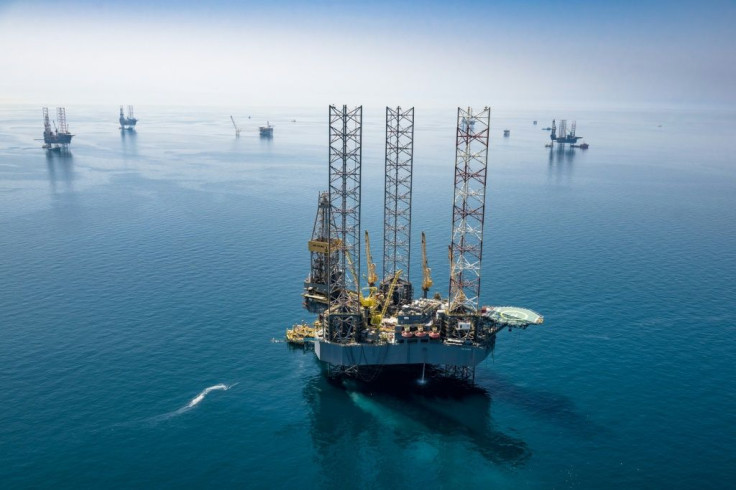OPEC+ Maintains Caution On Output Despite Market Recovery
The OPEC group of oil producers and its allies decided after talks on Thursday to allow only a slight rise in crude output despite a recovery in prices, amounting to less than a third of the output boost market observers had predicted.
While tensions had been expected between oil heavyweights Russia and Saudi Arabia over the way forward, the videoconference meeting was wrapped up in less than three hours with an agreement to extend the majority of production cuts into April.
A statement released after the ministerial-level talks said the only exceptions to this are Russia and Kazakhstan, which will "be allowed to increase production by 130 and 20 thousand barrels per day respectively".
Speaking at a press conference after the meeting, Saudi Energy Minister Prince Abdelaziz bin Salman insisted the bloc would be "not furious, not fast" when it comes to relaxing the cuts.
Saudi Arabia will extend its additional voluntary cuts of one million barrels per day (bpd) for the month of April.
The 150,000 bpd increase, agreed by the Organization of the Petroleum Exporting Countries and their Russia-led allies, is much less than the 500,000 bpd boost some market observers had predicted.
"OPEC+ took the market by surprise when it decided to roll over its quota, saying rather that than anticipate a demand recovery, the group would wait to see it actually recover," said Ann-Louise Hittle from the Wood Mackenzie consultancy.
The new decision means OPEC+ has decided on cuts totalling almost seven million bpd for April, after 7.05 million bpd for March and 7.125 million bpd in February.
Oil prices surged more than five percent by the end of the meeting, reaching levels not since early January 2020.
"Today's decision is clearly a positive outcome for oil prices," said analyst Fawad Razaqzada at Thinkmarkets.
"With (coronavirus) vaccinations well underway across important regions of the world, travel demand should keep prices supported for the next few months," he added.

The so-called OPEC+ group sharply cut output last year to counter a sudden plunge in prices caused by the coronavirus pandemic, but it agreed to gradually increase supply in January.
Now that vaccination campaigns are underway and demand from top oil importer China has bounced back to pre-pandemic levels, Moscow was said to be keener to turn on the taps again with Riyadh supporting the status quo.
At the start of the closed-door meeting, Prince Abdelaziz had said: "At the risk of sounding like a stuck record -- I would once again urge caution and vigilance" in the face of continuing global economic uncertainty.
For his part, Russian Deputy Prime Minister Alexander Novak said that while market conditions "underscore the need to remain vigilant... we can say with careful optimism that the situation is starting to improve".
While the differences between Riyadh and Moscow were not as visible during almost a year of lower prices, the return of prices close to pre-pandemic levels -- around 65 euros per barrel -- had threatened to revive tensions.
The speed at which demand will return remains subject to several factors, not least the success of the vaccination programmes which have got off to a shaky start in some countries.
The International Energy Agency (IEA) warned in its last monthly report in February that the rebalancing of the market was still "fragile" and that coronavirus variants could represent a risk to recovery.
During the January meeting, the alliance of 23 oil exporters needed two tough days of talks to agree to gradually increase supply.
Iran, Venezuela and Libya have been exempt from OPEC's quotas, while countries like Iraq and Nigeria have produced above their quotas for months, flouting the cartel's agreement.
OPEC members have also been monitoring any signs that US President Joe Biden might lift sanctions on Iran, which would allow Tehran to re-enter the global market and dramatically increase supply.
© Copyright AFP {{Year}}. All rights reserved.





















